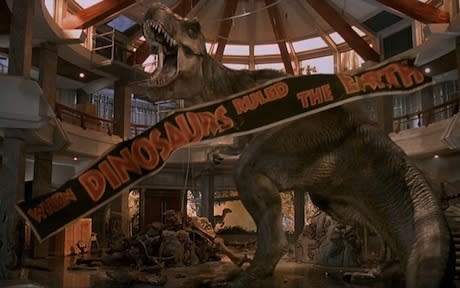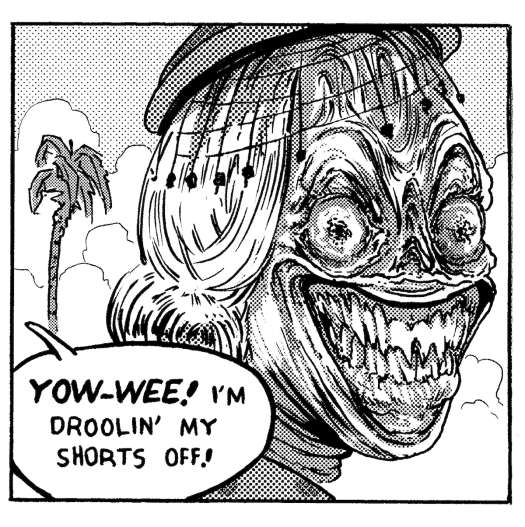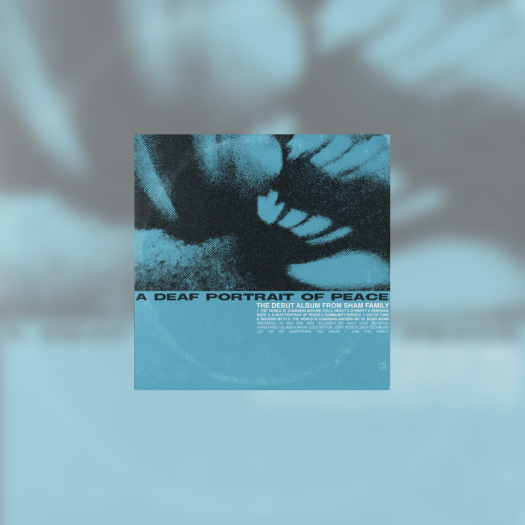Twenty years ago, when Jurassic Park first hit the big screens, pushing the boundaries of visual effects and immersive, fantastical entertainment, it was an event. It was the sort of film that everyone talked about; people went to see it multiple times; and even the science — the extraction of dinosaur DNA from fossilized amber — was debated in legitimate forums, giving an ersatz, amusingly strained plausibility to the amusement park experiment gone wrong template.
Some criticized the violence — a man is eaten off a toilet by a T-Rex and two pre-teens are terrorized for a large portion of the runtime — while others appreciated the mixture of visceral and dramatic components grounding an experiment in the magic of celluloid.
But 20 years later, what is the relevance of Michael Crichton's chaos theory parable? Moreover, what does the 3D component add, or take away from, the original cinematic experience?
Firstly, the playing God admonitory is essentially timeless; it's redundant and a bit of a no brainer, but it's timeless. The warnings of Dr. Ian Malcolm (Jeff Goldblum) littered throughout this story of a dinosaur theme park tour running amuck still hold the same speculative relevance in assessing the adaptive nature of life. Sure, they can engineer all of their dinosaurs to be female — making them more docile and controllable, in theory — but is there enough knowledge of evolution to prevent gender adaptations over time?
The speculative science is still interesting and the action sequences are still tense, but the 3D component is a little less effective. Being an up-conversion of existing footage, the visuals leave a little to be desired, having some blurs and an overall flatness consistent with this technology. It also renders the peril less thrilling in a weird way, making cartoonish the introduction of the velociraptor and goofy some of the encounters with the T-Rex.
3D still has yet to find much relevance beyond sheer gimmick. Though used to great effect in some animated fare, only Martin Scorsese's Hugo has utilized it as a tool to propel the narrative or as a commentary on the evolution of film. In a spectacle like Jurassic Park, it comes off as a cheap, almost patronizing cash-in on the cultural tendency towards nostalgia as a mode of coping with present disappointments.
And, unfortunately, like most attempts to re-create moments from our past, no matter how many dinosaurs pop off the screen, the original experience of witnessing Spielberg's spectacle remains something from our past — a moment in time we can never relive.
(Universal)Some criticized the violence — a man is eaten off a toilet by a T-Rex and two pre-teens are terrorized for a large portion of the runtime — while others appreciated the mixture of visceral and dramatic components grounding an experiment in the magic of celluloid.
But 20 years later, what is the relevance of Michael Crichton's chaos theory parable? Moreover, what does the 3D component add, or take away from, the original cinematic experience?
Firstly, the playing God admonitory is essentially timeless; it's redundant and a bit of a no brainer, but it's timeless. The warnings of Dr. Ian Malcolm (Jeff Goldblum) littered throughout this story of a dinosaur theme park tour running amuck still hold the same speculative relevance in assessing the adaptive nature of life. Sure, they can engineer all of their dinosaurs to be female — making them more docile and controllable, in theory — but is there enough knowledge of evolution to prevent gender adaptations over time?
The speculative science is still interesting and the action sequences are still tense, but the 3D component is a little less effective. Being an up-conversion of existing footage, the visuals leave a little to be desired, having some blurs and an overall flatness consistent with this technology. It also renders the peril less thrilling in a weird way, making cartoonish the introduction of the velociraptor and goofy some of the encounters with the T-Rex.
3D still has yet to find much relevance beyond sheer gimmick. Though used to great effect in some animated fare, only Martin Scorsese's Hugo has utilized it as a tool to propel the narrative or as a commentary on the evolution of film. In a spectacle like Jurassic Park, it comes off as a cheap, almost patronizing cash-in on the cultural tendency towards nostalgia as a mode of coping with present disappointments.
And, unfortunately, like most attempts to re-create moments from our past, no matter how many dinosaurs pop off the screen, the original experience of witnessing Spielberg's spectacle remains something from our past — a moment in time we can never relive.




